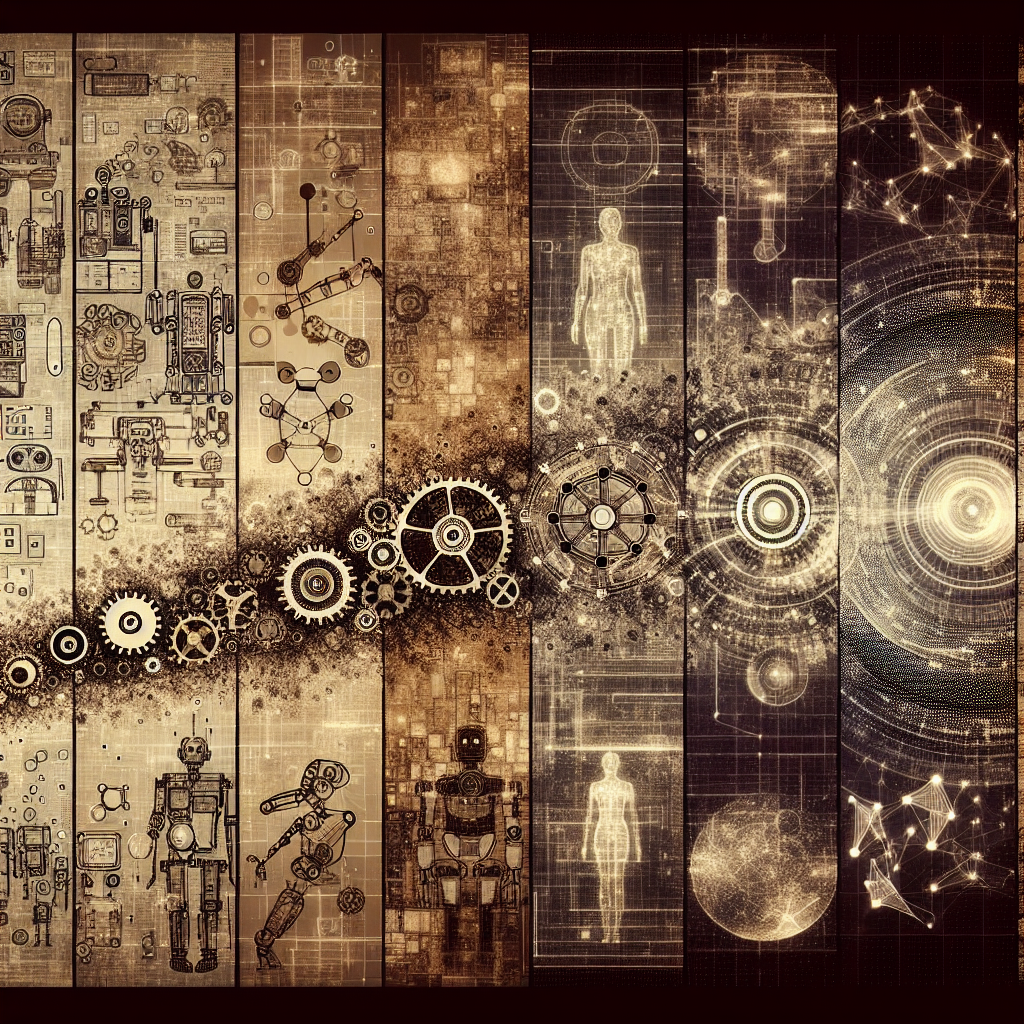From Sci-Fi to Reality: The Evolution of Artificial Intelligence
Artificial Intelligence (AI) is a concept that has captured the imagination of humanity for decades, appearing in countless works of science fiction as both a boon and a bane to society. From the helpful and compassionate robots of Isaac Asimov’s stories to the malevolent and all-powerful AI systems of movies like “The Terminator” and “The Matrix,” the idea of machines that can think and act like humans has long been a staple of our collective imagination.
But in recent years, AI has transitioned from the realm of science fiction to become a very real and tangible part of our lives. The rapid advancements in technology and computing power have enabled researchers and engineers to develop AI systems that can perform tasks once thought to be the exclusive domain of human intelligence.
One of the most significant milestones in the evolution of AI was the development of deep learning algorithms, which are modeled after the structure and function of the human brain. These algorithms have revolutionized fields such as image and speech recognition, natural language processing, and autonomous vehicles, allowing AI systems to perform complex tasks with a level of accuracy and efficiency that was previously unthinkable.
Another key development in the evolution of AI is the rise of machine learning, a subset of AI that focuses on enabling machines to learn from data and improve their performance over time. By feeding vast amounts of data into algorithms, researchers can train AI systems to recognize patterns, make predictions, and even generate new ideas and solutions to problems.
As AI technology continues to advance, its impact on society is becoming increasingly profound. AI-powered systems are already being used in a wide range of industries, from healthcare and finance to transportation and entertainment, transforming the way we work, communicate, and live.
However, the rapid pace of AI development has also raised concerns about the ethical and societal implications of this technology. Questions about data privacy, algorithmic bias, and the potential for job displacement have sparked debates about how AI should be regulated and used responsibly.
Despite these challenges, the evolution of AI represents a remarkable achievement in human ingenuity and innovation. From its humble beginnings in the pages of science fiction novels to its current status as a transformative force in the modern world, AI has come a long way in a relatively short period of time.
As we continue to push the boundaries of what AI can achieve, it is important to approach this technology with caution and foresight, ensuring that it is used to benefit society as a whole and not to the detriment of humanity. By harnessing the power of AI responsibly, we can unlock its full potential and create a future where machines and humans can work together harmoniously to solve the world’s most pressing challenges.


Leave a Reply